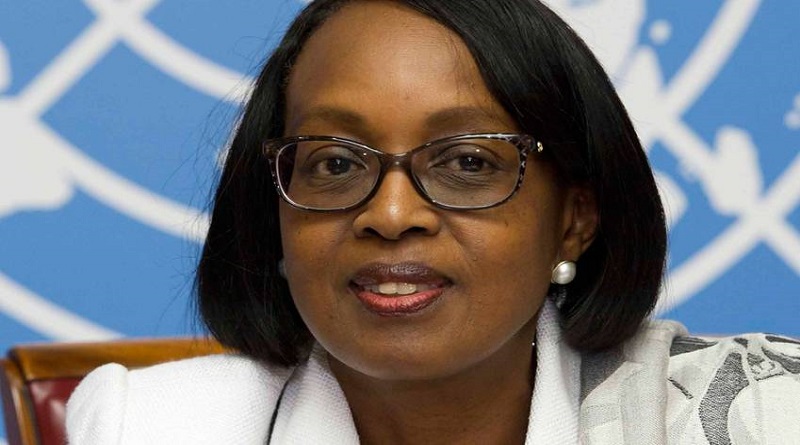WHO, others launch maiden African region health workforce investment charter
The World Health Organization (WHO) Regional Office for Africa and partner organizations on Monday launched the region’s first-ever health investment charter that aims to align and drive sustainable investment in the health workforce.
With a bold target of halving the African region’s critical 6.1-million health workforce shortage by 2030, the African Health Workforce Investment Charter will mobilize and align domestic and partner funding to strengthen, grow and retain the continent’s health workforce, especially in rural and primary health care settings.
“Any discussion about the delivery of health care services must acknowledge that, for these services to be rendered and rendered effectively, we need feet on the ground,” said Honourable Dr Saara Kuugongelwa-Amadhila, Namibia’s Prime Minister. “For the health professionals to do their work effectively, they must be well resourced and capacitated in the best ways possible.”
In addition to shortages, the African region faces many other health workforce challenges, including, rising unemployment, excessive out-migration and low quality of training. Low health investment and limited prioritization of the health workforce have critically exposed health systems. Investment in health, especially from domestic sources, is still low and inadequate for many countries to meet the universal health coverage and ensure health security
“The numbers of Africans who have left the continent in search of greener pastures in other parts of the world are staggering. It is a matter that needs to be addressed as a top priority for African governments and indeed all those who wish to see a shift in the historical as well as current trends,” said Honourable Dr Kalumbi Shangula, Minister of Health and Social Services of Namibia.
The charter launched today brought together the health workforce investment efforts of all stakeholders, including national governments, the private health sector, civil society, external financing institutions and development partners in Africa.
“By investing in the health workforce, we not only address the challenges within the sector but also generate dividends in education, employment and gender equality,” said Dr Matshidiso Moeti, WHO Regional Director for Africa. “These investments will contribute to our sustained efforts in attracting more resources and improving the quality of our health workforce.”
Investing in the health workforce will have positive spin-offs in the form of decent jobs, particularly for women and youth who often face barriers to employment. By providing opportunities for education, training and career progression, the Charter will immensely contribute to the economic empowerment of these demographics and fundamentally support inclusive economic growth.
Additionally, health labour force investment also brings multiple returns for health and economies, increasing life expectancy and job creation, while accelerating countries towards the achievement of the Sustainable Development Goals and universal health coverage.
For every US$1 invested in health and sustaining the jobs of health workers, the potential return is as much as US$9. It has also been demonstrated that half of all economic growth globally over the past decade resulted from improvements in health, and that for every added year of life expectancy, the economic growth rate is boosted by 4%.
“Studies show that investments in the health sector yield substantial economic returns, estimating a nine-to-one return on investment. The new narrative that we are promoting is to transform the health sector to move from liability to an asset for the economy of our countries,” said Dr Jean Kaseya, Director-General of the Africa Centre for Disease Control and Prevention.
The Africa Health Workforce Investment Charter was inaugurated in Namibia during the Health Workforce Investment Forum being held from 6 to 8 May 2024. Efforts will continue to be made to engage multisectoral stakeholders and partners on their experiences and achievements, and mobilize commitments, partnerships and investments to deliver on the principles and actions enshrined in the investment charter.




